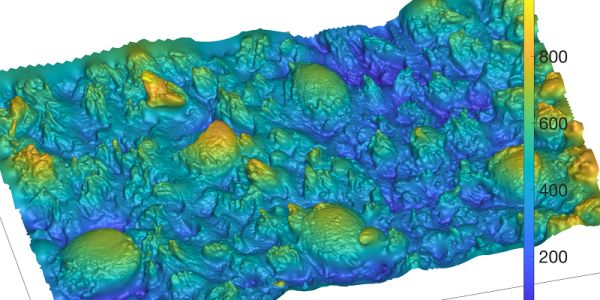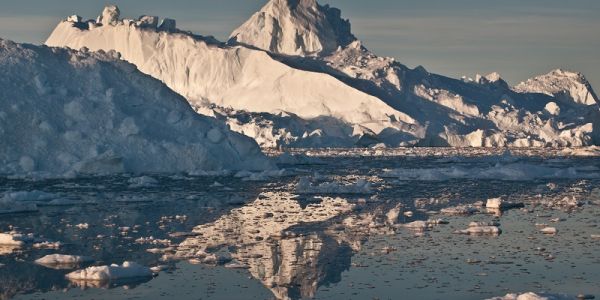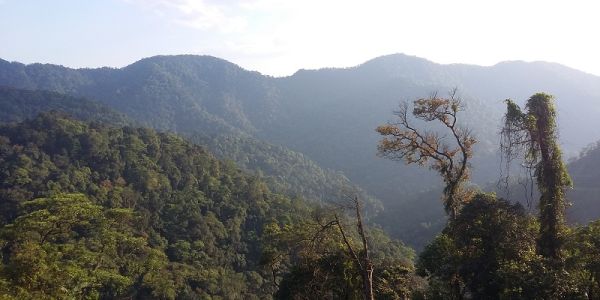
Circular economy to drive UK sustainability
The University of Leeds has secured funding to help two large industrial sectors make the transition to a greener, more sustainable future where they reduce waste, energy and pollution.

The University of Leeds has secured funding to help two large industrial sectors make the transition to a greener, more sustainable future where they reduce waste, energy and pollution.

According to a new study, including paleoclimate data in the development of climate models could help scientists predict scenarios for future climate and propose strategies for mitigation.

Scientists have created synthetic soft surfaces with tongue-like textures for the first time using 3D printing.

The University has appointed Professor Nick Plant as its new Deputy Vice-Chancellor for Research and Innovation.

Meltwater lakes that form at glacier margins cause ice to recede much further and faster compared to glaciers that terminate on land, according to a new study.

A message from Leeds’ higher education leaders, students’ union leaders and the city council:

Scientists warn that if greenhouse gas emissions continue apace, Greenland and Antarctica’s ice sheets could together contribute more than 39cm to global sea level rise this century.

Research by the University of Leeds has helped secure the highest government protection for internationally-important Vietnamese forests.

A global analysis reveals for the first time that across almost all tree species, fast growing trees have shorter lifespans.

Ice sheets in Greenland and Antarctica whose melting rates are rapidly increasing have raised global sea level by 1.8cm since the 1990s, and are matching worst-case climate warming scenarios.